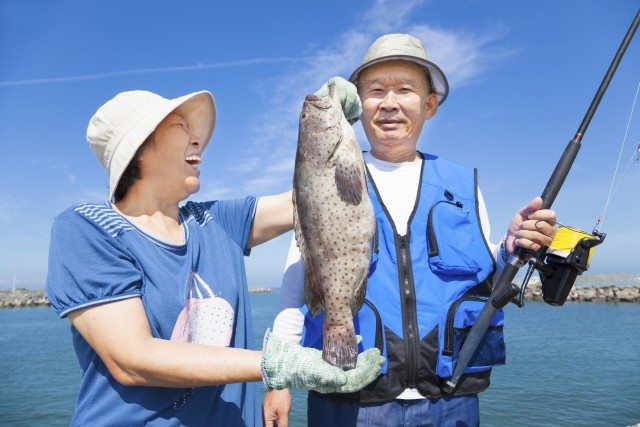DSM highlights a new study stating fish oil-derived omega-3s increase muscle mass and function in healthy and older adults.
The paper was published by the Center for Human Nutrition, Washington University School of Medicine that evaluates new strategies needed to prevent sarcopenia and help older adults maintain adequate performance status and independence.
Age-associated declines in muscle mass and function are major risk factors for an impaired ability to carry out daily living activities, falls, prolonged recovery time after hospitalization, and mortality.
The purpose of the study was to test the hypothesis that fish oil-derived n-3 polyunsaturated fatty acid (PUFA) therapy increases (or slows the loss of) muscle mass and function in older adults.
A six-month-long double-blind, randomized controlled trial (RCT) was conducted to evaluate the effect of fish oil-derived n-3 PUFA therapy on muscle volume, strength and average isokinetic power in a study group of 60 60-85 year old men and women.
The study subjects were randomized in a 2:1 ratio to either an n-3 PUFA therapy (four 1 g pills u-3 acid-ethyl ester that provided 3.36 g EPA/DHA per day which is equivalent to the n-3 PUFA content of 200-400g of freshwater fatty fish) equivalent to 200-400 g of freshwater fatty fish, or a placebo control of four identical looking pills containing corn oil, per day, for six months.
Study results
At the end of the study, results showed that six months of n-3 PUFA therapy did not significantly affect body weight, total body fat mass, or inter-muscular fat content.
However, compared with the control group, it increased thigh muscle volume, handgrip strength and one repetition (1 RM) muscle strength (composite score for leg press, chest press, knee extension and knee flexion), and tended to increase average isokinetic leg muscle power.
The difference in muscle volume between the n-3 PUFA and control groups at six months was ~3.5% and the differences in muscle strength was ~6%, suggesting that six months of n-3 PUFA therapy can prevent two to three years of the normal age-associated losses in muscle mass (~0.5-1.0% per year) and function (~2-3% per year).
“The study indicates that dietary supplementation with marine n-3 PUFAs has significant anabolic and, even more importantly, function-enhancing effects on muscle in older adults,” explains Dr. Bettina Mittendorfer, research associate professor of Medicine, Center for Human Nutrition, Washington University School of Medicine.
“This is an important development and has direct clinical relevance, as currently, besides vitamin D, there are no treatments good enough for the prevention and treatment of sarcopenia aside from regular exercise, which is difficult to adhere to especially in older people.”
“In addition, our findings open avenues for the discovery of potential new cellular mechanisms that are critical for the regulation of muscle mass and function, which we plan to pursue in the near future.”
Fish in diet
“Omega-3 is a safe and effective therapy to prevent aging-associated decline in muscle mass and function,” comments Dr. Manfred Eggersdorfer, senior VP, Nutrition, Science & Advocacy at DSM and Professor for Healthy Ageing at Groningen University.
“Having meals with oily fish twice a week – such as salmon or sardines – provides a healthy dose of omega-3, but most adults don’t get nearly enough in their diets due to changes in modern eating habits.”
“Taking purified, concentrated omega-3 EPA/DHA supplements and enriched foods are great ways of ensuring a healthy and consistent daily dose.”
These findings are important to note in light of the ongoing DO-HEALTH study.
Europe’s largest healthy ageing research, which combines vitamin D3 and omega3-fatty acids with a light exercise program.
It is run in eight centers in five countries for three years and involves more than 2,000 elderly.










